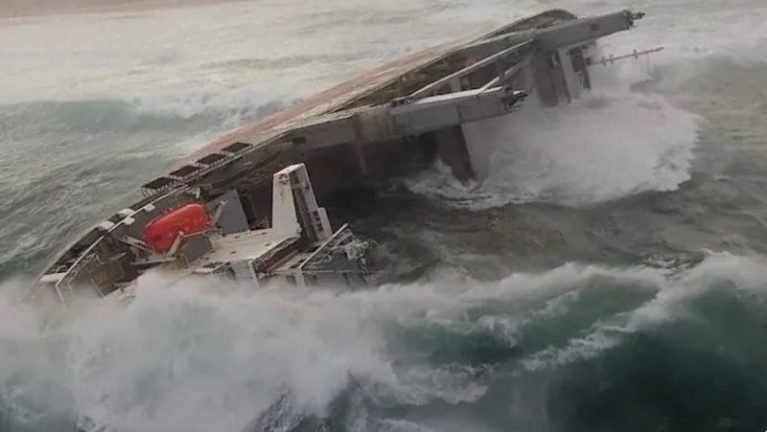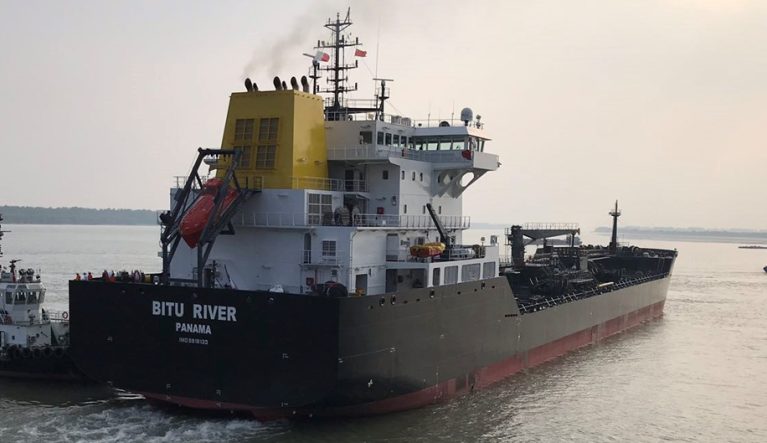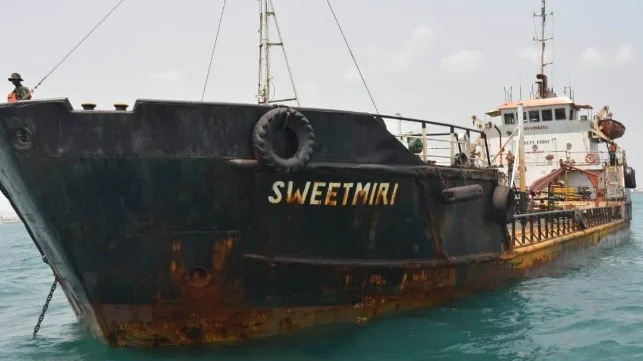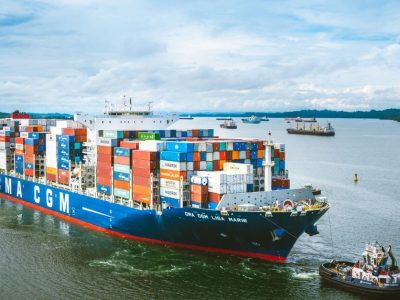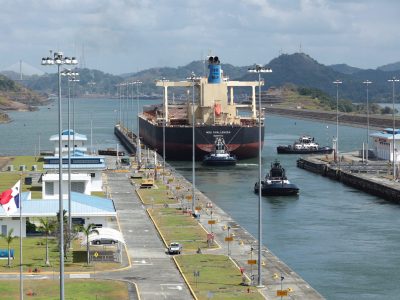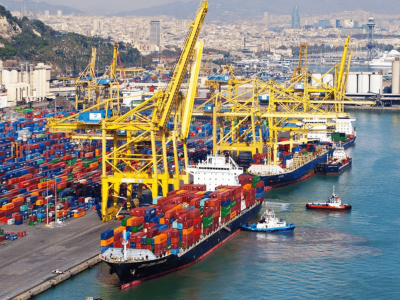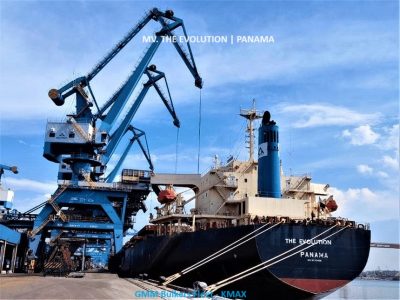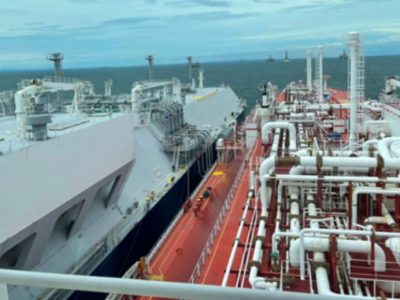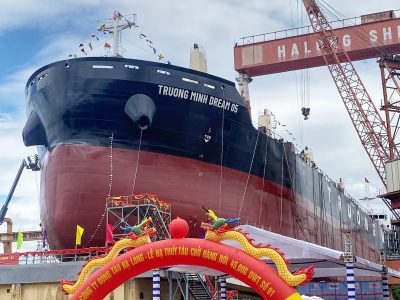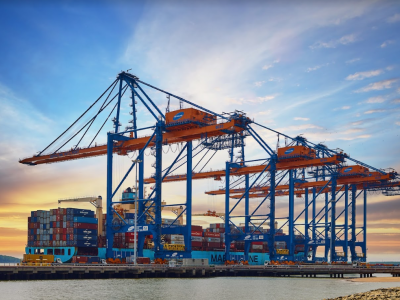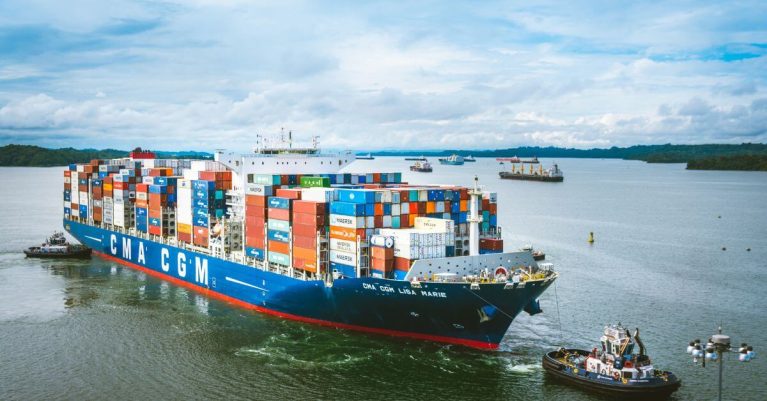GMM Safety | 2025-11-25 | Case Accidents |
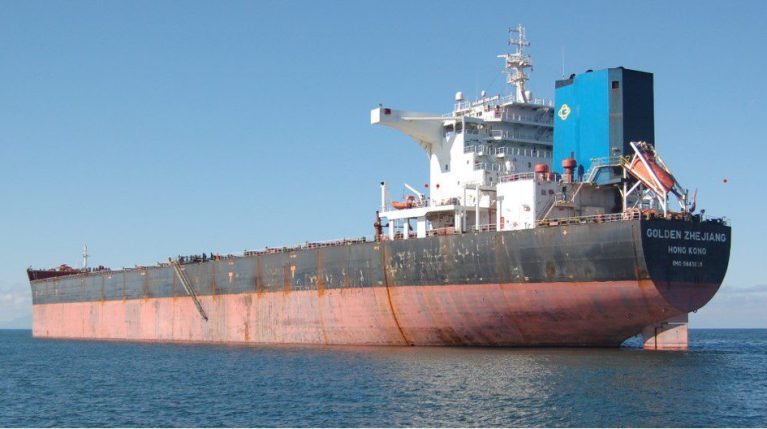
A Transportation Safety Board of Canada investigation has revealed critical gaps in safety procedures after a crew member sustained serious injuries aboard the bulk carrier Golden Zhejiang when the vessel’s free-fall lifeboat was accidentally released during a routine safety inspection in British Columbia waters.
The incident occurred on September 2, 2023, while the Golden Zhejiang was anchored in Trincomali Channel. The second and fourth engineers were conducting their weekly safety check of the free-fall lifeboat when the second engineer encountered a steering issue and attempted to troubleshoot the problem from inside the craft. During this process, the main release mechanism was inadvertently activated, sending the lifeboat plunging into the water with the engineer inside.
The engineer, who was not secured in a seat at the time, sustained serious injuries when the lifeboat impacted the water after dropping from approximately 19 meters above the surface.
The TSB investigation identified multiple contributing factors. According to the report, “The Golden Zhejiang’s safety management system did not explicitly require a risk assessment before entering the free-fall lifeboat to conduct a safety check. Consequently, the fourth engineer and the second engineer began the weekly safety check without assessing the risks of the boat inadvertently being released.”
Additionally, investigators found that the cables securing the lifeboat to the launching structure were not properly engineered or certified as load-bearing cables, making them unsafe for their intended use. When the lifeboat released, these cables failed, allowing the craft to fall freely into the water.
The investigation also revealed broader systemic concerns. The TSB noted that crew members acquire equipment-specific knowledge from familiarization, drills, and technical documentation, and without such knowledge, they may inadvertently activate safety-critical controls.
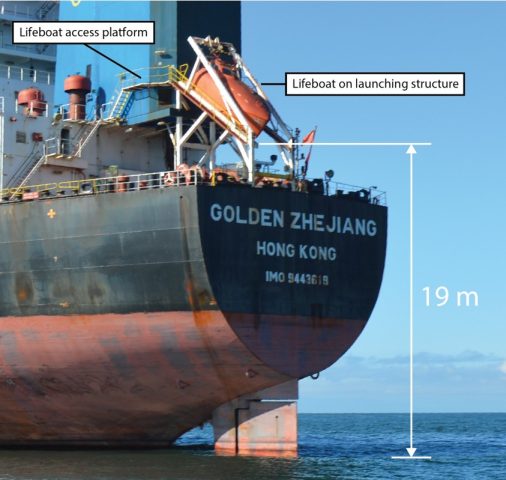
The report emphasized that “a mature safety culture, including a trusted process for communication, is necessary for 2-way communication between a vessel’s crew and shore-based management and, consequently, for improvement of the safety management system.” Without this, the TSB warned, safety management systems risk drifting toward mere paper compliance with regulations.
Following the incident, vessel operator Columbia Shipmanagement Ltd. implemented comprehensive safety enhancements across its fleet. The company issued immediate safety alerts, improved labeling on release controls, updated familiarization checklists, and installed securing turnbuckles for use during safety checks and maintenance.
The company also expanded its training programs, using the incident as a case study in crew seminars and extending ship visits by shore management personnel to specifically emphasize free-fall lifeboat safety and crew awareness.
Columbia Shipmanagement initiated a safety campaign emphasizing Stop Work Authority, encouraging any crew member to halt operations when health, safety, or environmental concerns exist.
The TSB investigation also noted a significant gap in international maritime safety standards: there are currently no international guidance documents or regulations specifically for safely securing free-fall lifeboats during maintenance and service.
The full investigation report can be found on the TSB’s website.

